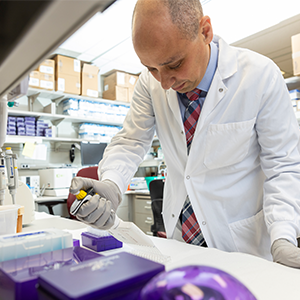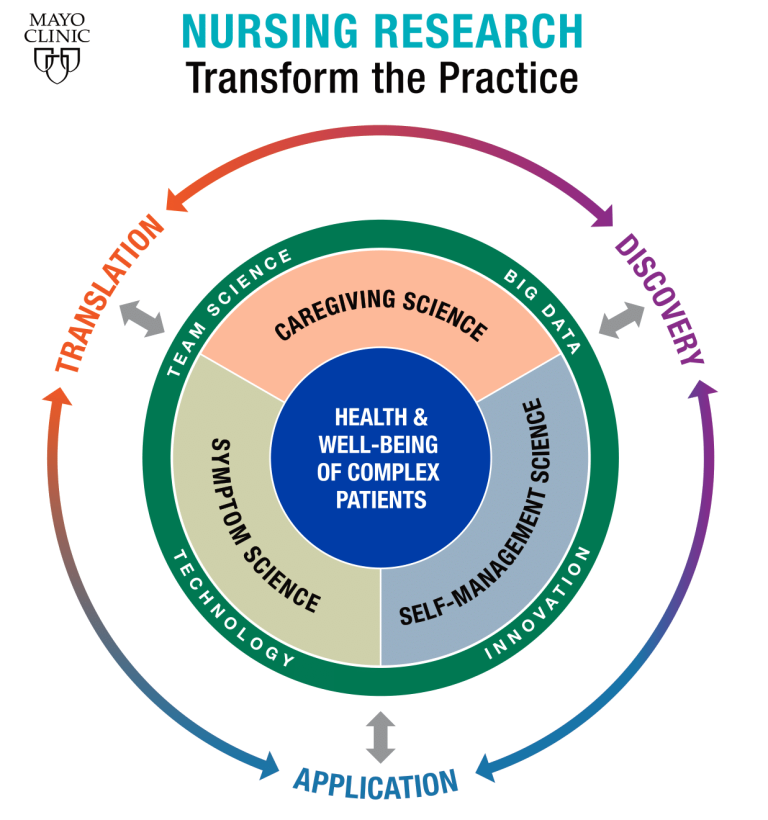-
Mayo Clinic Minute: Can lifestyle changes help with MS?
 Multiple sclerosis (MS) is an autoimmune disease of the central nervous system that disrupts communication between the brain and other parts of the body. It occurs more frequently in women than men and is among the most common causes of neurological disability in young adults.
Multiple sclerosis (MS) is an autoimmune disease of the central nervous system that disrupts communication between the brain and other parts of the body. It occurs more frequently in women than men and is among the most common causes of neurological disability in young adults.
"It tends to strike people in early adulthood," explains Mayo Clinic neurologist Dr. Dean Wingerchuk. "Most people develop initial symptoms in their twenties or thirties, when they’re in the primes of their lives."
While there is no cure for MS, there are drug treatments, including a recently approved medication for a type of MS called primary progressive.
Meanwhile, research continues into how lifestyle can affect MS management.
In this Mayo Clinic Minute, Dr. Wingerchuk explains what’s already known and which lifestyle questions are still being investigated. Jeff Olsen reports.
Journalists: Broadcast-quality video pkg (1:00) is in the downloads. Read the script.







